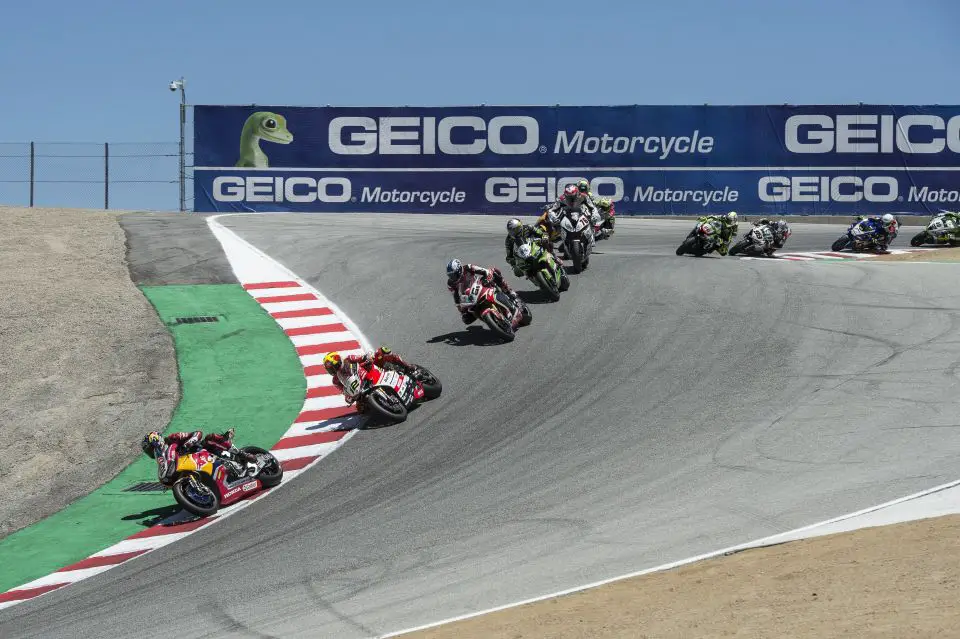Laguna Seca’s Iconic Racing Legacy at Risk Due to Local Residents’ Lawsuit
The future of the iconic Laguna Seca racetrack is in jeopardy following a lawsuit filed by local residents. This legal challenge, centered around environmental and zoning law violations, threatens the circuit’s long-standing racing tradition.
Key Takeaways:
- Legal Battle: The “Highway 68 Coalition,” comprising local residents, has initiated a lawsuit against Laguna Seca, accusing the track of breaching environmental ordnances, zoning laws, and causing public nuisance.
- Track Limitations: Despite operating under noise restrictions and a limit on event days, Laguna Seca’s semi-independent status due to historical ‘grandfathering’ is now under scrutiny by the plaintiffs.
- Plaintiffs’ Argument: The lawsuit alleges that Laguna Seca has increased its racing activity beyond permitted limits, violating land use and zoning regulations, while raising concerns about inadequate facilities and environmental impacts, but notably omitting any mention of a nearby gun range.

The Laguna Seca racetrack, a storied venue in the heart of California’s racing history since 1957, faces a dire threat to its existence. The lawsuit, propelled by the “Highway 68 Coalition,” a group of concerned local property owners and residents, challenges the track’s compliance with environmental and zoning laws. The coalition has branded Laguna Seca a “public nuisance,” citing irreversible damages beyond the scope of financial reparations.
Despite its historic presence, Laguna Seca has navigated a complex landscape of operational constraints. The track adheres to strict noise regulations and a maximum of 35 event days annually, with additional restrictions on event sizes. However, its somewhat autonomous operation, stemming from a unique legal and historical status, is now being contested in court.
Central to the lawsuit are several key accusations. The plaintiffs highlight a notable increase in track activities since 2021, alleging a violation of the track’s original operational scope as defined in its 1985 land use permit. They claim that the increased motorsport and track rental events exceed the activities allowed under current land use permits and zoning laws, which they argue are primarily for non-racing purposes.
The environmental aspect of the lawsuit is significant, with the plaintiffs pointing to inadequate sewage facilities and issues with water supply, including elevated arsenic levels. The group also emphasizes the negative impact of excessive noise and traffic on local residents. Interestingly, the lawsuit conspicuously omits any reference to a nearby gun range, which is located closer to residential areas than the racetrack itself.
It’s essential to note the changing landscape around Laguna Seca. Initially surrounded by open countryside, the area has since been developed, bringing the circuit and residential developments into closer proximity. This evolution has escalated tensions between the racetrack’s operations and the surrounding community, culminating in the current legal standoff. The outcome of this lawsuit could set a precedent for similar conflicts between historical sporting venues and the evolving communities around them, marking a crucial moment in the balance between preserving heritage and accommodating modern environmental and residential concerns.



